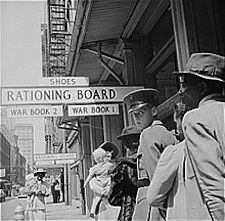“We do, indeed, ration health care in the United States; we just don’t talk about it, with the result that we ration it altogether irrationally. There is almost no limit to what we will, and routinely do, spend on the often desperately futile care at the very end of life in very elderly people with multi-organ-system failure, a long history of serious chronic disease, and virtually no chance of getting back to a quality of life any of us would be willing to accept. But we routinely fail to cover the costs of effective preventive services that can save both lives and money, and impose substantial barriers in the form of co-pays and deductibles on care that is essential.”
“At the peak of attention to health care models, before the Affordable Care Act came off its assembly line, colleagues and I published a proposal for a tiered model. We suggested that certain varieties of care — both effective preventive services, and urgently needed treatments — should be available to all with no financial barriers. A tier of services of slightly lesser value or need could be available to all, but might reasonably involve some barriers in the form of co-pays. Finally, a tier of quite discretionary services might come entirely out of our own pockets. This is one example of potentially rational rationing.”




